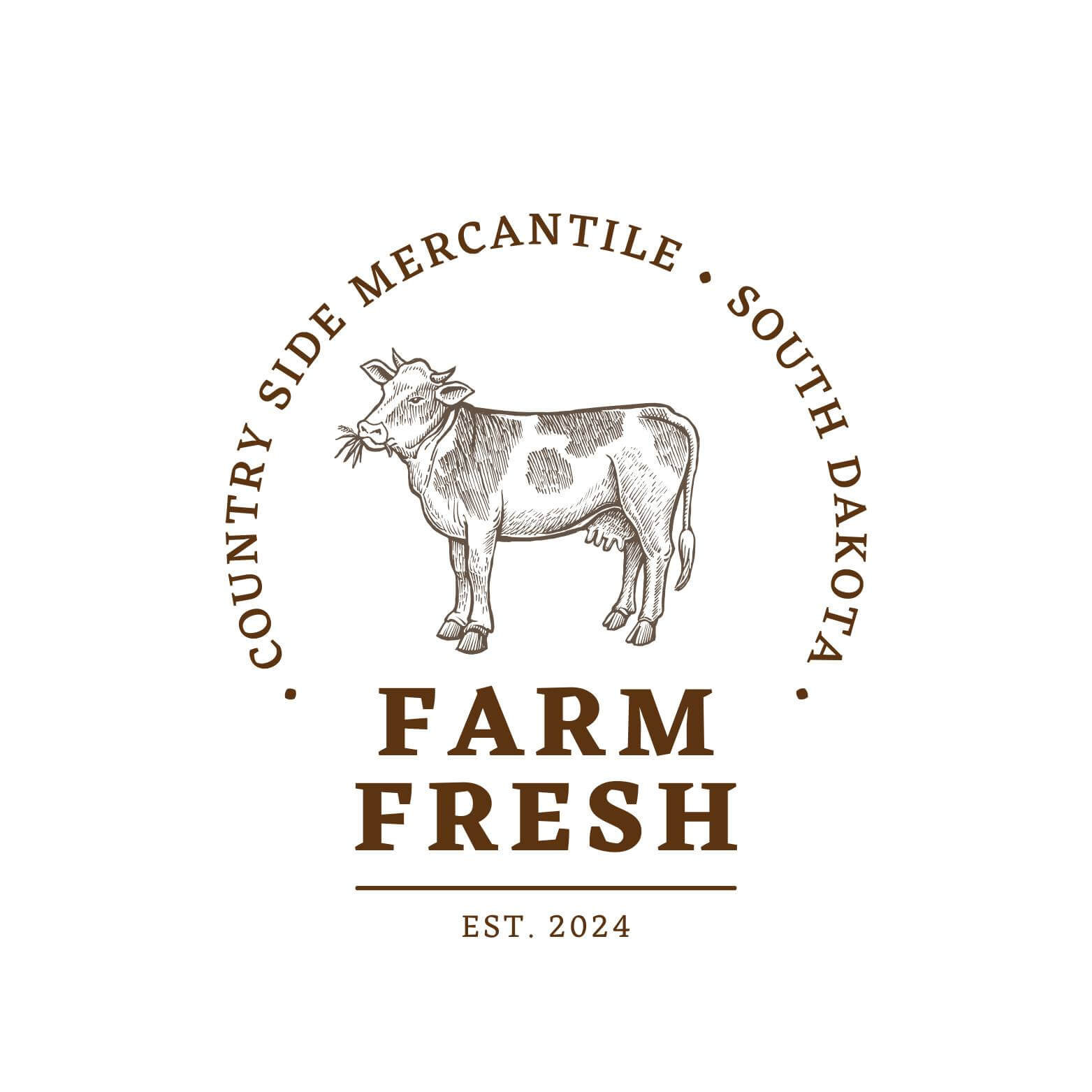What is A2 versus A1?
posted on
July 17, 2025
What is A2 milk?
Let’s talk science for a minute
All mammals produce milk, which naturally contains fats, carbohydrates, and proteins. The proteins in milk are mainly of two types: whey and casein.
What’s the Deal with Casein in Milk?
If you've ever looked into the components of milk, you’ve probably come across casein—a major milk protein.
In fact, casein makes up about 80% of the protein in cow’s milk. Within casein, there are several sub-types, and one of the most important is called beta-casein, which accounts for roughly 30% of the total protein.
Now, here’s where it gets interesting.
Not All Beta-Casein Is the Same
There are two main forms of beta-casein: A1 and A2. The difference between them comes down to a small genetic variation—but that small change can affect how the protein is digested in the body.
Here’s the fascinating part:
Almost every mammal species on the planet naturally produces only the A2 type of beta-casein.
Goats, sheep, camels, even humans—all A2.
Except Cows. Yes, Cows!
Due to genetic variation in modern dairy herds, many cows—especially Holsteins—produce a mix of A1 and A2 beta-casein, or in some cases, only A1. This makes cows the only mammals known to naturally produce A1 beta-casein.
Digestion and the Release of BCM-7
When you digest A1 β-casein, your body may release a compound called β-casomorphin-7 (BCM-7)—a peptide that has drawn attention in health research.
BCM-7 is a bioactive peptide, meaning it can interact with the body in various ways. It’s classified as an opioid peptide, which means it can bind to opioid receptors in the body, potentially affecting things like:
- Gut motility
- Inflammatory response
- Immune function
- Neurological activity
On the other hand, A2 β-casein is digested differently. Because of its slightly altered protein structure, A2 milk is far less likely to release BCM-7 during digestion (Sodhi, Monika et al.)
Why This Matters
Most store-bought milk in the U.S. comes from cows that produce a mix of A1 and A2 proteins—or only A1. That means BCM-7 may be released when drinking conventional milk.
Some people with mild dairy sensitivities report fewer digestive issues when switching to A2-only milk, with research suggesting that BCM-7, not lactose is the culprit behind digesting cow’s milk, though research is ongoing. The key takeaway: that one small difference in the protein structure may influence how milk behaves in the body.
Where we stand
At Countryside Mercantile, the milk is sourced from Guernsey cows, which are distinguished not only by their A2/A2 genetic profile but also by their production of a diverse range of milk components. A detailed discussion of these qualities will be reserved for a future article.
References
Sodhi, Monika, et al. “Milk Proteins and Human Health: A1/A2 Milk Hypothesis : Indian Journal of Endocrinology and Metabolism.” IJEM, Sept. 2012, journals.lww.com/indjem/fulltext/2012/16050/milk_proteins_and_human_health__a1_a2_milk.37.aspx.



